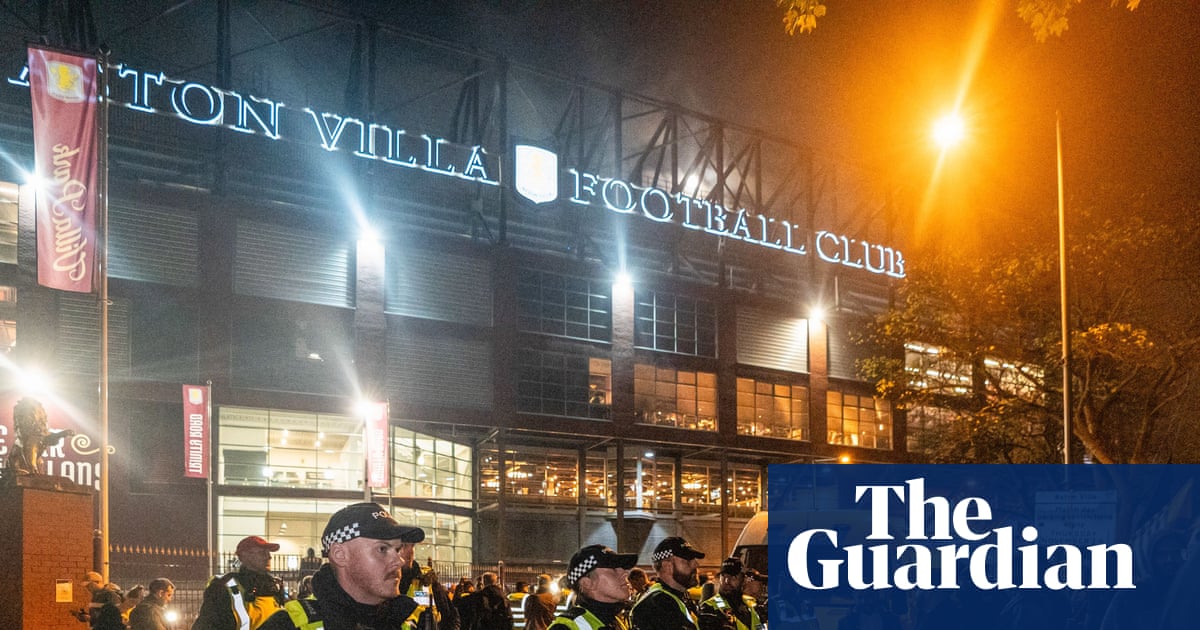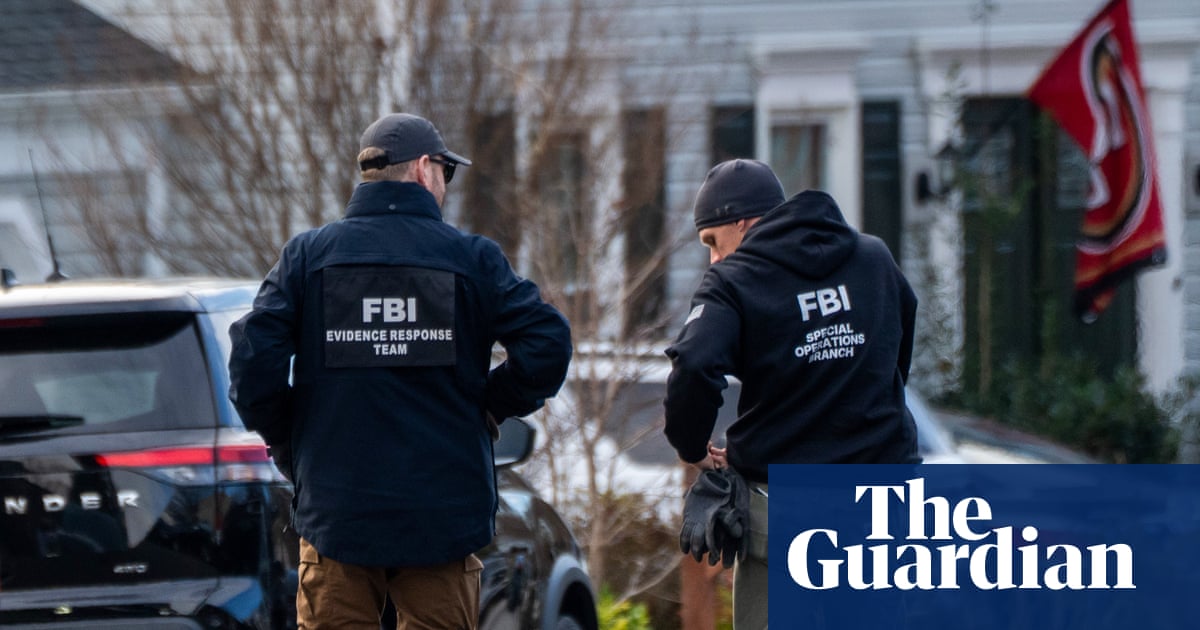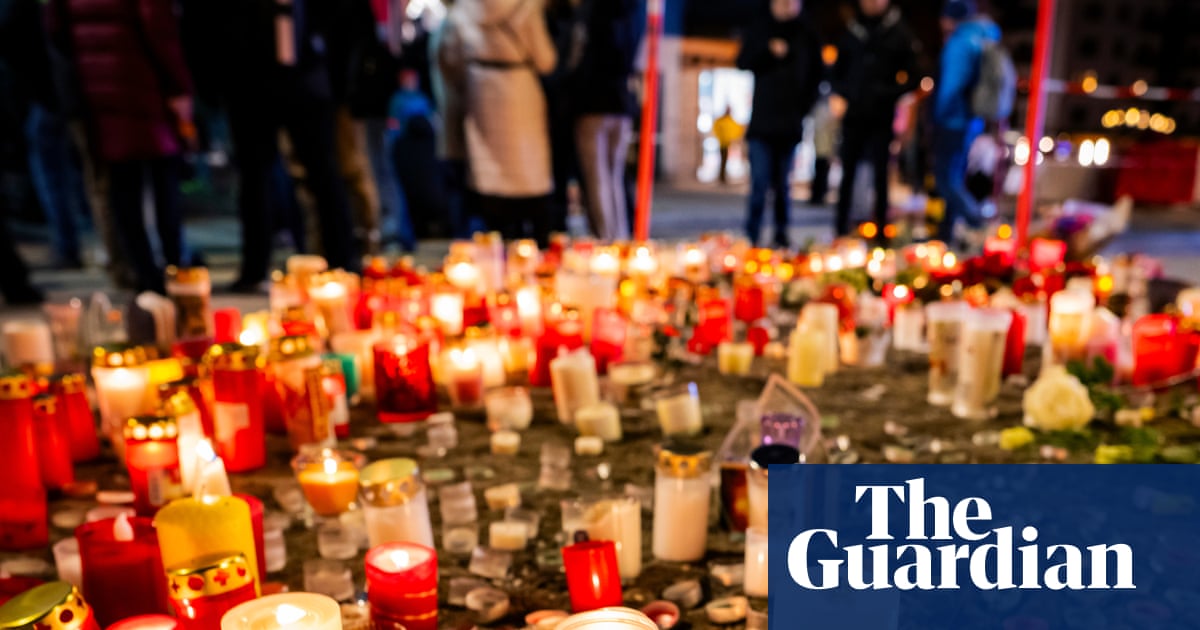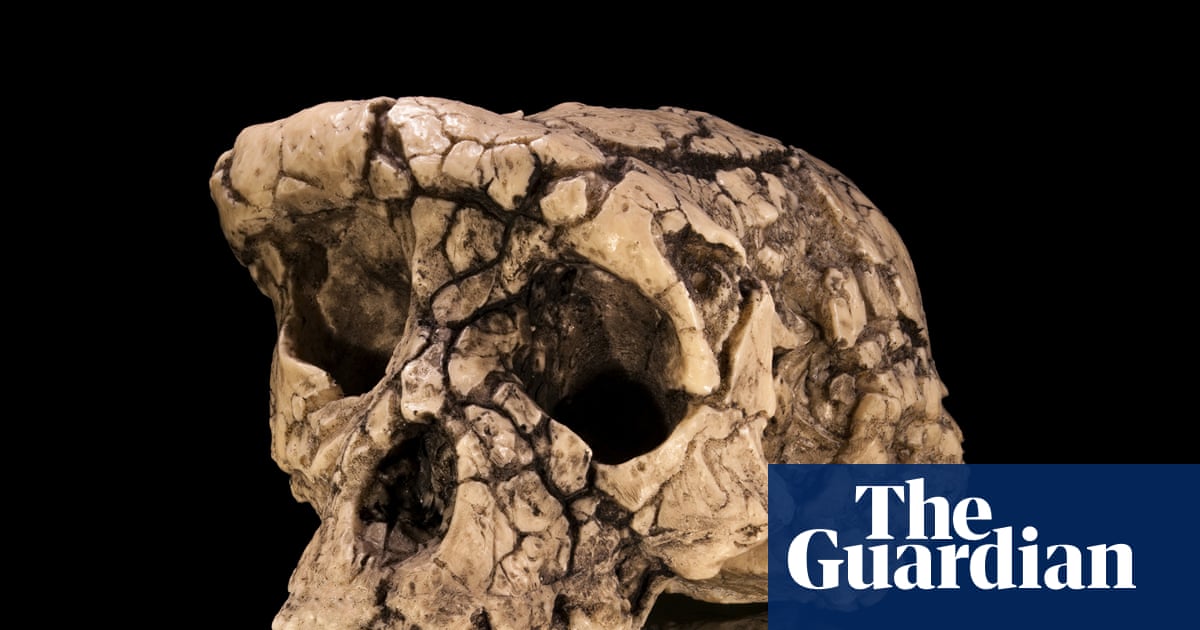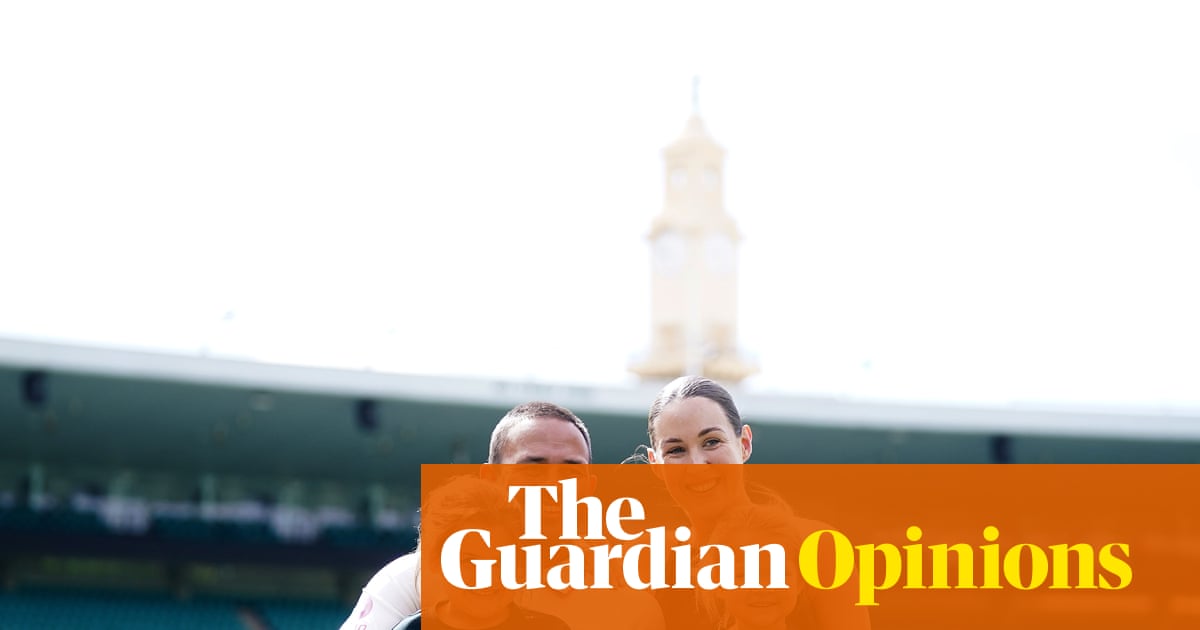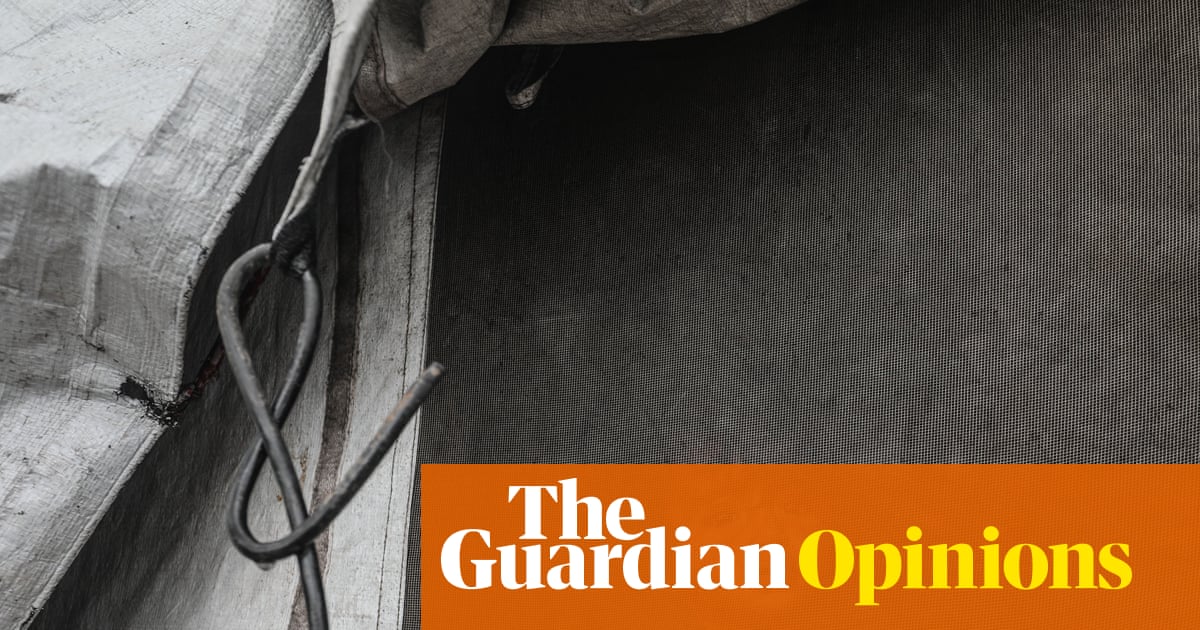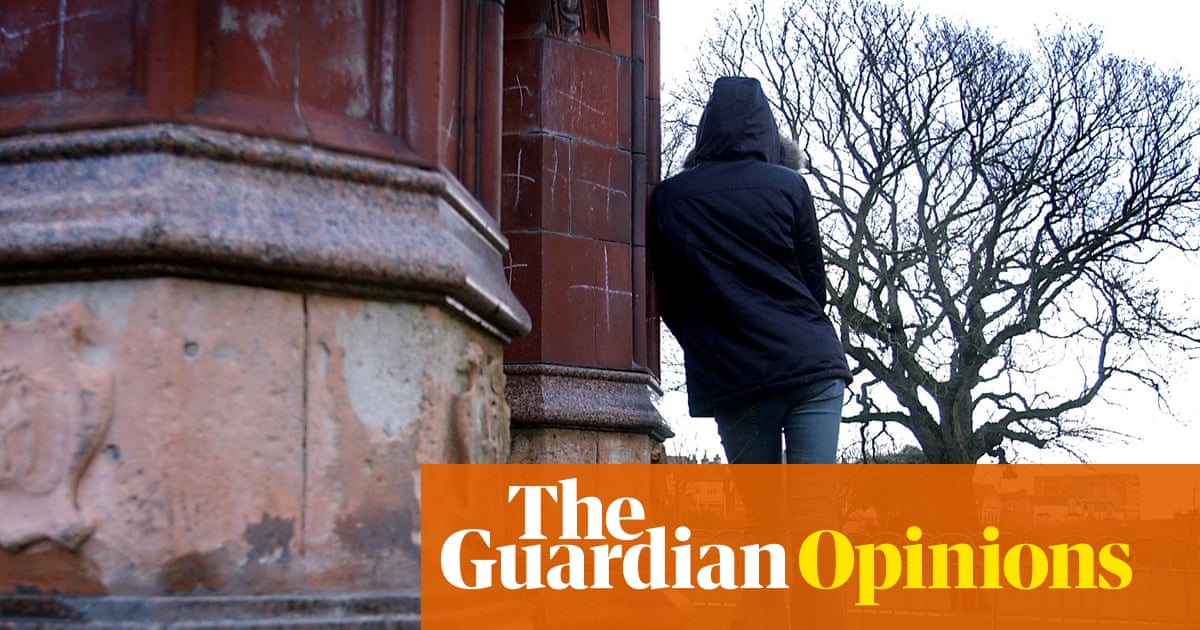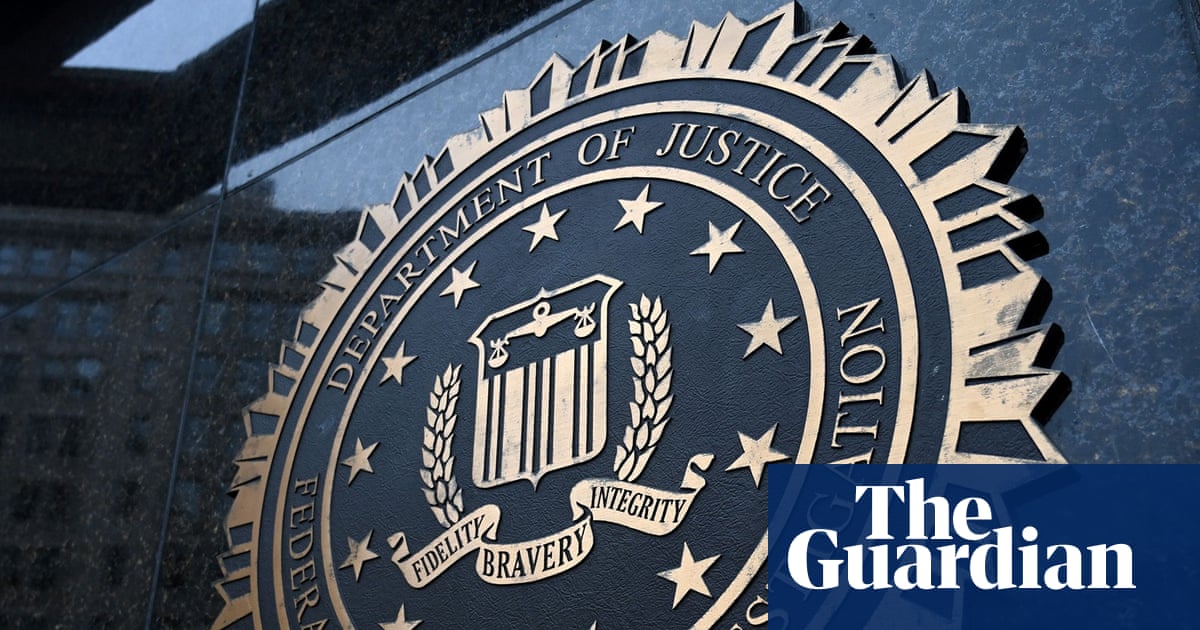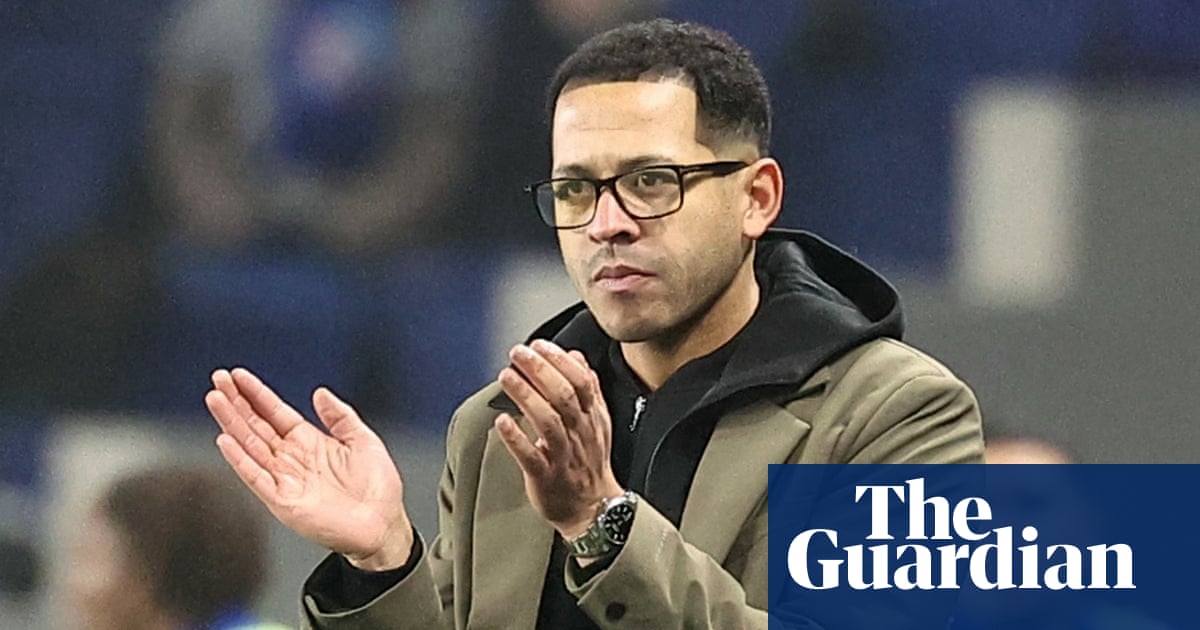Justin Myers’ piece was deeply moving and made me think about grief that falls outside expected patterns, like family, or, in my case, one’s immediate social circle (‘It was a bad dream – but I never woke up’: what it is like to lose your best friend, 18 September). I supervised Dan Milner’s PhD thesis on Irish American folk song. Taking on a student in his 70s who was struggling to write felt like a chore. But then Dan stepped into my office and sang one of the songs he was writing about. We found a way to combine his lifetime’s knowledge of folk song with my sense of how to structure a thesis, and he graduated and published his research.
He lived in New York and visited Birmingham for supervision, to see friends and family, and to sing at the Lamp Tavern. Joining him there (but, unlike everyone else in the room, not joining in, as I cannot sing) was one of the pleasures of my life. He sang Away Rio like no one else on earth. I stayed with him and his wife, Bonnie, in New York, and we drove long distances to meet up when I was on the east coast.
Then Covid came, and we did not see each other for years, though I watched a livestream of him singing at a socially distanced event in Connecticut. Then one morning, an email from Bonnie telling me he had passed away. I had no one to tell or talk to. I could not attend the funeral and don’t know anyone who knew him well. There has been no way to share that grief or remember that friendship. I wonder if, as our worlds change, our habits and vocabularies for ordinary life lag, and need to adapt.
John Fagg
Birmingham
Justin Myers’ article about the agonising loss of his best friend resonated with me very deeply. I also lost my best friend, Anne, two years ago and cannot even now articulate the profound feelings of loss and pain that I struggle with almost daily. I cannot imagine the pain that Anne’s family have had to endure and they are suffering more than I am. But I feel that the level of grief I am experiencing somehow isn’t valid. Anne’s family understand my loss, but most people don’t.
Anne and I called ourselves “soul sisters”, but were not related. So generally it is assumed that I am well and truly recovered. The truth is that I will never recover from losing such a wonderful, kind, cheeky and caring best friend. She was absolutely brilliant and my heart is broken without her.
Sarah Mackay
Niton, Isle of Wight
Thank you to Justin Myers for sharing his story. I lost my best friend to suicide a few years ago, and it devastated me. I rarely spoke about it, but if I did summon the courage to mention it, people’s questions would inevitably be: how long did you know her? How often did you see her? It felt as though I had to justify why I was so bereft.
Mainly because of this, I have carried the weight mostly in silence. I don’t talk to my partner or my family about it even though I think about it all the time. I assumed that it was the manner of her death that made it so painful, but reading his article helped me see a different angle: that losing a long-term friend does leave an enormous hole in your life that can’t be filled by another; not everyone has been blessed with those deep, sustaining friendships and so they can’t always identify with the grief when one is lost.
Name and address supplied
Justin Myers, I feel for you. My husband of 34 years died five years ago. Everyone around me understood my grief, including my best friend of 40 years, with whom I had enjoyed cultural city breaks a dozen times (while my husband preferred demanding wildlife trips).
Two years later, she died. I spoke at her funeral. With very few exceptions, no one I knew could comprehend the level of loss I felt, and still feel. I wish we had a mutual friend to keep her memory alive. I am only glad no one has ever quoted the seven stages of grief to me – they do not relate in any way to either of my bereavements.
Name and address supplied

 3 months ago
84
3 months ago
84




